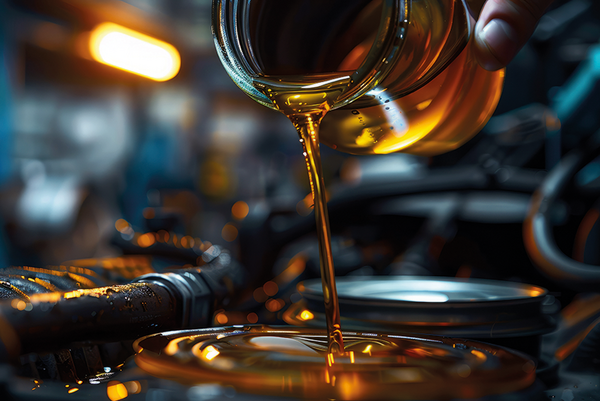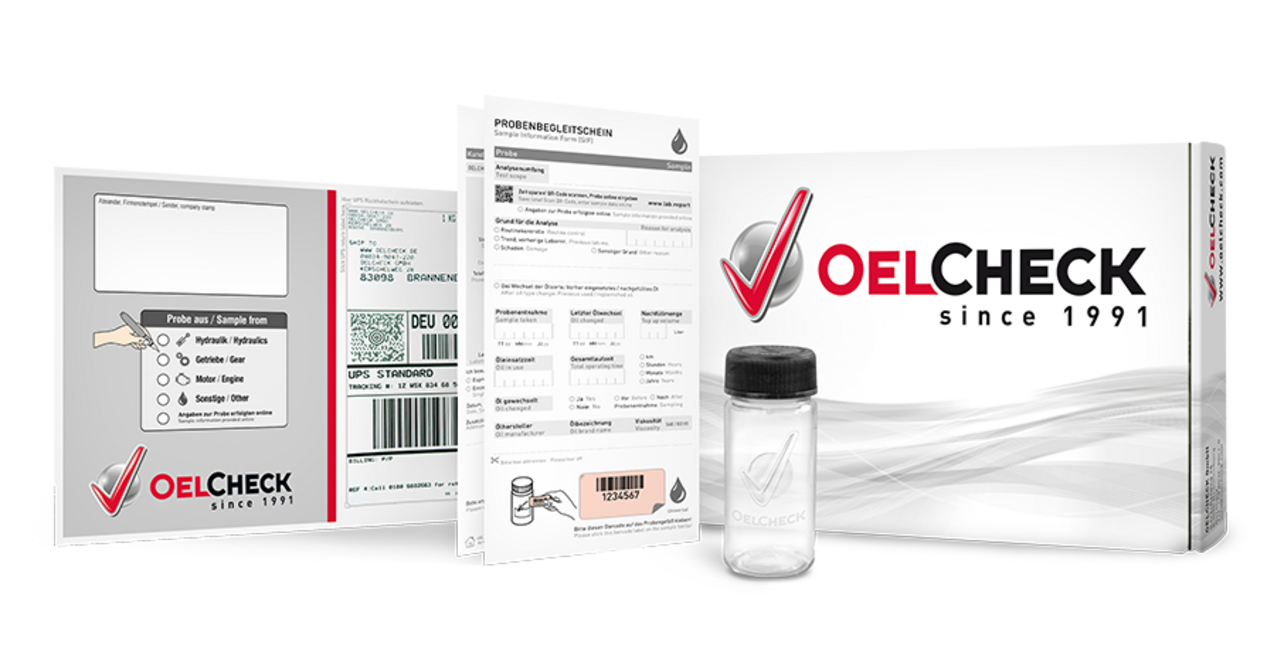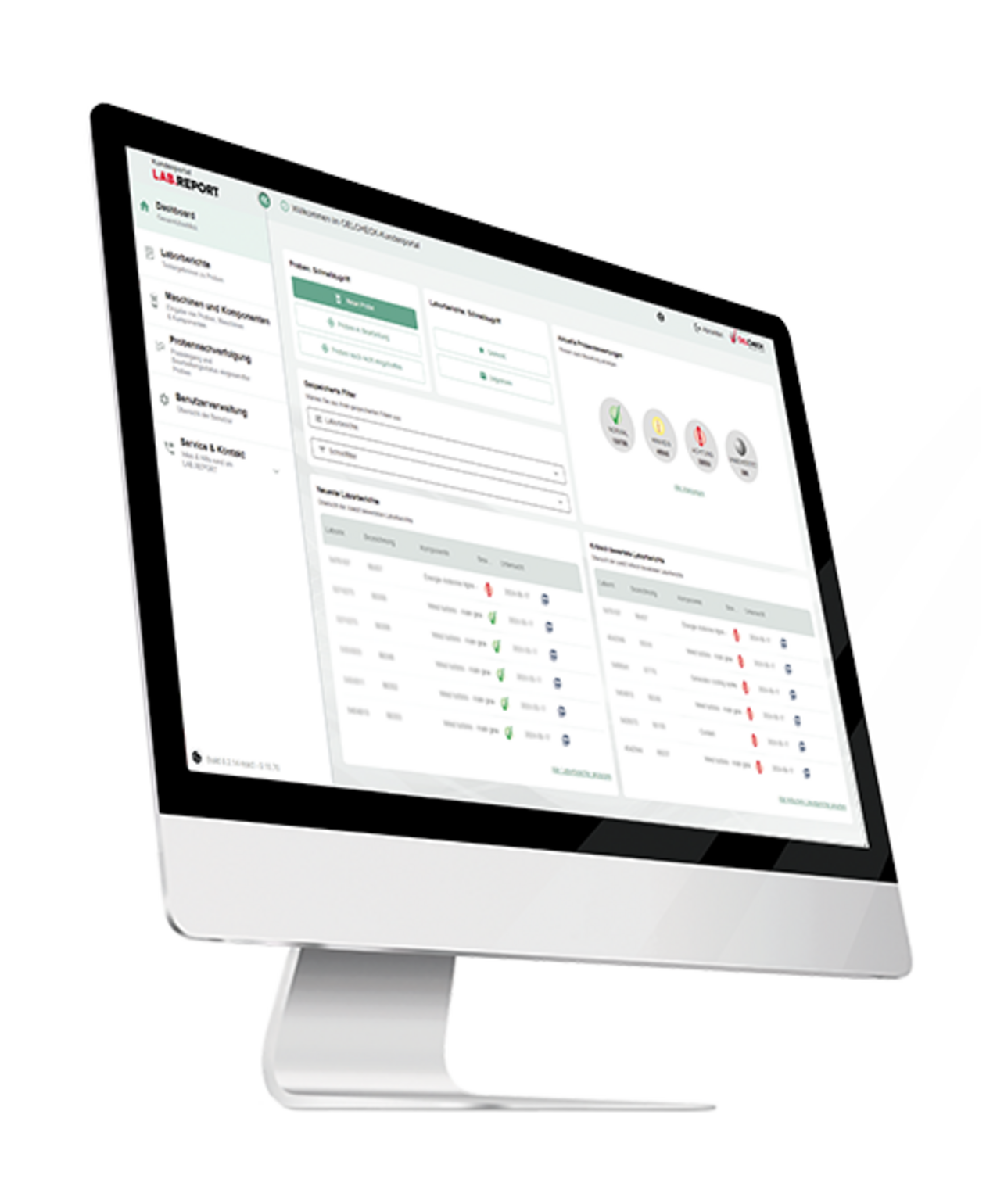Additional additives for lubricants
Additional additives for engine oils in cars and fuels have been around for many years. Now, such agents are also available for our industrial oils, and hydraulic oils in particular. But is adding additives to lubricants worth it? Does it make sense, or are there risks involved?
In principle, modern lubricants are designed to meet all the relevant requirements to perfection. To achieve this, individual additives and additive packages of selected additives that merge well together are added to the base oils. The manufacture of the lubricants is designed in such a way that the additives can work to their full potential in later use. Adding additives at a later date therefore only makes sense in exceptional cases.

New lubricants undergo extensive testing in the laboratory, on test benches and in trials in the field. Only when they have passed all of these tests and meet the relevant international specifications can they come on the market. These specifications and any OEM approvals are the key factors when it comes to selecting lubricants for machines and systems. The manufacturers list the lubricants to be used in their operating instructions, indicating the relevant specifications or approvals.
Users who comply with the OEM's operating instructions when selecting lubricants are safeguarded during the warranty period. However, if a lubricant is "added at a later date", its composition changes. As a rule of thumb, this means the lubricant no longer meets its original specifications. If the machine or system is now damaged and the lubricant is deemed to be the cause, neither the additive supplier nor the lubricant manufacturer will generally be held liable. Furthermore, any guarantees or warranty from the OEM may be lost.
-
If you wish to add lubricants at a later date, you should only do so after the warranty period has expired.
-
Always make sure that the additives are compatible with the lubricant in question. Contact your lubricant supplier for more information. In the industrial sector, they will also support you if additives have been removed from an oil due to filtration or other cleaning methods, for example. In some cases, these can be replaced afterwards and therefore extend the oil's life cycle – and contribute to protecting the environment at the same time.
OELCHECK also answers your questions on the topics of lubricant and fuel analyses as well as tribology.
Contact us by e-mail at info@oelcheck.de or by fax on +49 8034 9047 47.
OELCHECKER Spring 2024, page 9



